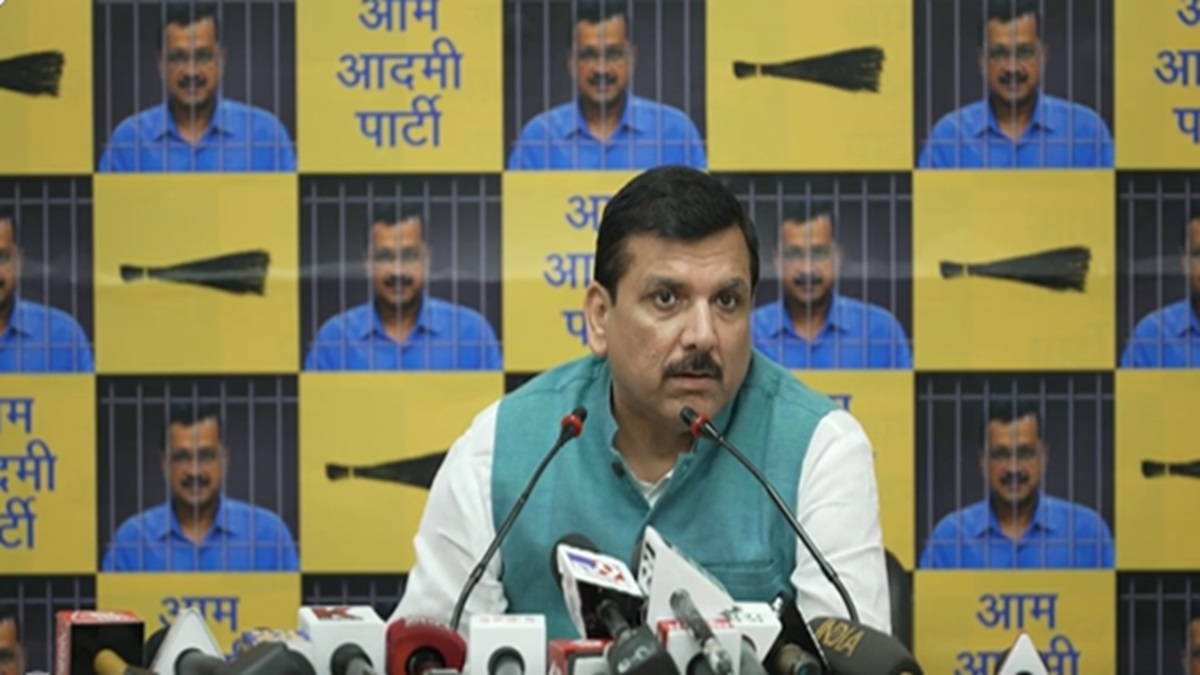 |
|
The political landscape in Delhi became increasingly charged on February 7th, 2024, following an Anti-Corruption Branch (ACB) investigation into allegations of bribery leveled against the Bharatiya Janata Party (BJP). The investigation, triggered by Aam Aadmi Party (AAP) chief Arvind Kejriwal's accusation that the BJP attempted to bribe 16 AAP candidates before the Delhi Assembly elections, focused significant attention on AAP MP Sanjay Singh. Sources close to the investigation revealed that Mr. Singh, when questioned by the ACB, provided limited cooperation, effectively hindering the progress of the inquiry. This lack of cooperation has further intensified the already tense political climate in the capital.
Mr. Singh's response to the ACB's inquiries was notably evasive. When pressed to provide the names of the 16 candidates allegedly offered bribes, he only named Mukesh Ahlawat, a fellow AAP leader. Despite the initial reports mentioning seven candidates, the number later increased to sixteen, a discrepancy that the ACB attempted to clarify with Mr. Singh. However, he refused to provide a definitive answer on the number of candidates involved, consistently deflecting the questions and referring the investigators back to a written complaint already submitted. This refusal to cooperate directly contradicts the gravity of the allegations made by his party, leaving many questioning the sincerity of their claims.
The ACB's line of questioning aimed to establish the veracity of the AAP's bribery allegations. Key questions centered on the identities of the legislators allegedly contacted, the whereabouts of Mr. Ahlawat (who had not appeared before the ACB), the fluctuating number of candidates implicated, and the overall lack of concrete evidence provided by Mr. Singh. The responses, or rather the lack thereof, from Mr. Singh and his legal counsel painted a picture of resistance to the investigation. Their reliance on the previously submitted written complaint as a complete and sufficient response further fueled perceptions of uncooperative behavior and raised concerns about the transparency of the AAP's claims.
The broader context of this investigation needs to be considered. The AAP, under the leadership of Arvind Kejriwal, has frequently accused the BJP of employing unethical tactics to undermine its political standing. Mr. Singh's public statements, criticizing the BJP for its alleged history of toppling state governments in Maharashtra, Karnataka, Madhya Pradesh, Uttarakhand, and Arunachal Pradesh, reflect this ongoing political feud. His accusations, however, lack specific evidence and appear to be a deflection tactic to shift attention away from the shortcomings of the ACB investigation. The clash between the AAP and the BJP, both dominant political forces in Delhi, has created a highly polarized environment, making objective assessment of the events increasingly difficult.
The ACB's investigation now faces significant challenges due to the lack of cooperation from key AAP figures, including Mr. Singh. The failure to provide names, dates, or corroborating evidence for the bribery allegations weakens the credibility of the AAP's claims. The question remains whether the ACB possesses sufficient evidence independently to validate or refute the allegations without relying solely on the information provided by the AAP. The outcome of this investigation will undoubtedly play a significant role in shaping the political discourse in Delhi in the coming months and will have significant implications for the upcoming elections. The lack of transparency and cooperation by Mr. Singh casts a shadow of doubt over the seriousness of the AAP's claims, and this event is likely to intensify the already simmering tensions between the ruling AAP and the opposition BJP.
Source: Sanjay Singh, AAP MP, did not cooperate in ACB investigation: Sources
